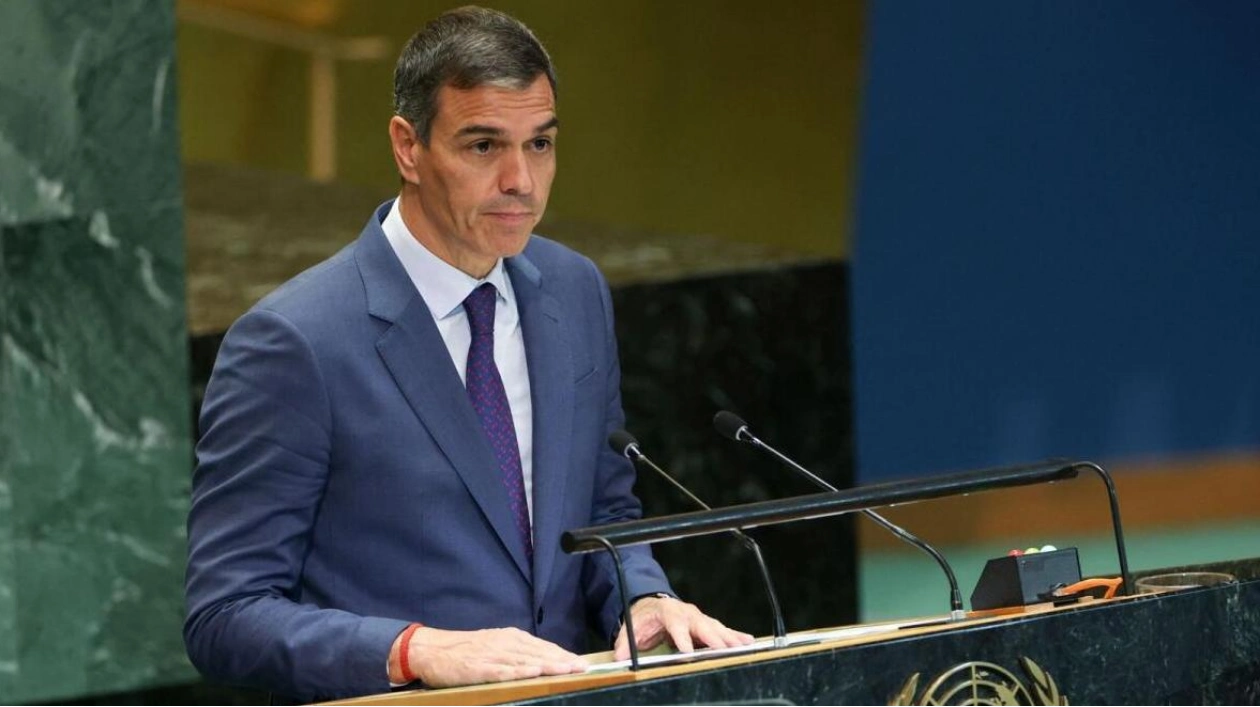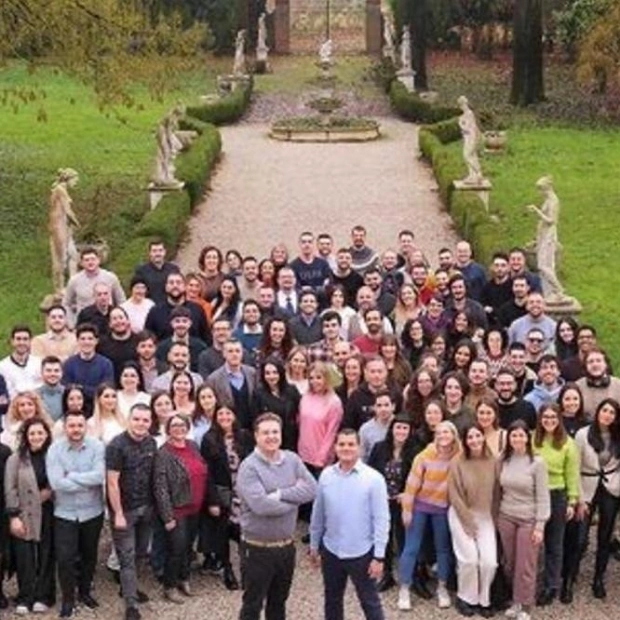Spanish Prime Minister Pedro Sanchez is aiming to prioritize the battle against disinformation through a proposed 'democratic renewal' plan, despite criticism from the conservative opposition who view it as an attempt to censor critical media. Sanchez is scheduled to meet with Brazilian President Luiz Inacio Lula da Silva on Tuesday to discuss this matter during the UN General Assembly in New York. Recently, Brazil's Supreme Court ordered the blocking of Elon Musk's X social network for failing to comply with judicial orders concerning 'fake news'. Last week, Sanchez's leftist government unveiled a strategy to combat fake news over the next three years of his term. This plan includes establishing a public registry of newspapers, detailing their owners and advertising revenues, along with measures to enhance privacy rights and correct inaccurate information.
Sanchez had previously announced his intention to combat what he termed a 'filth factory' disseminating 'disinformation and defamation'. This declaration followed a court's inquiry into his wife, Begona Gomez, regarding corruption and influence-peddling allegations made by a group linked to the far right. The group claimed their accusations were based on media reports. Raul Magallon, a communications professor at Madrid's Carlos III University, acknowledged the government's measures as 'a step in the right direction' but cautioned that they 'won't solve all the problems'. He added that any effort to boost public trust in the media is positive.
However, Alberto Nunez Feijoo, leader of the main conservative opposition Popular Party (PP), denounced the plan as 'an offensive against judges, journalists, and the media, a plan for censorship'. Feijoo compared it to the era of Francisco Franco, the dictator who ruled Spain until 1975. Magallon noted that the legacy of Franco's dictatorship, which tightly controlled the media, makes any press regulation a sensitive topic in Spain. Most of Sanchez's proposed measures align with the European Media Freedom Act, approved by the European Parliament in March with support from the PP's four European lawmakers.
Paloma Roman, a political scientist at Madrid's Complutense University, pointed out the 'contradiction' in the PP's stance. She believes the PP will persist in its opposition to the government. While many government proposals would implement binding EU regulations, some require new laws, posing a challenge for Sanchez's government, which lacks a majority in Spain's fragmented parliament. Cristina Monge, another political scientist, noted that the government's proposals are more complex than initially anticipated. Despite potential difficulties in gaining majority support, Sanchez could leverage this issue to enhance his international standing, particularly through meetings like the one with Lula.






